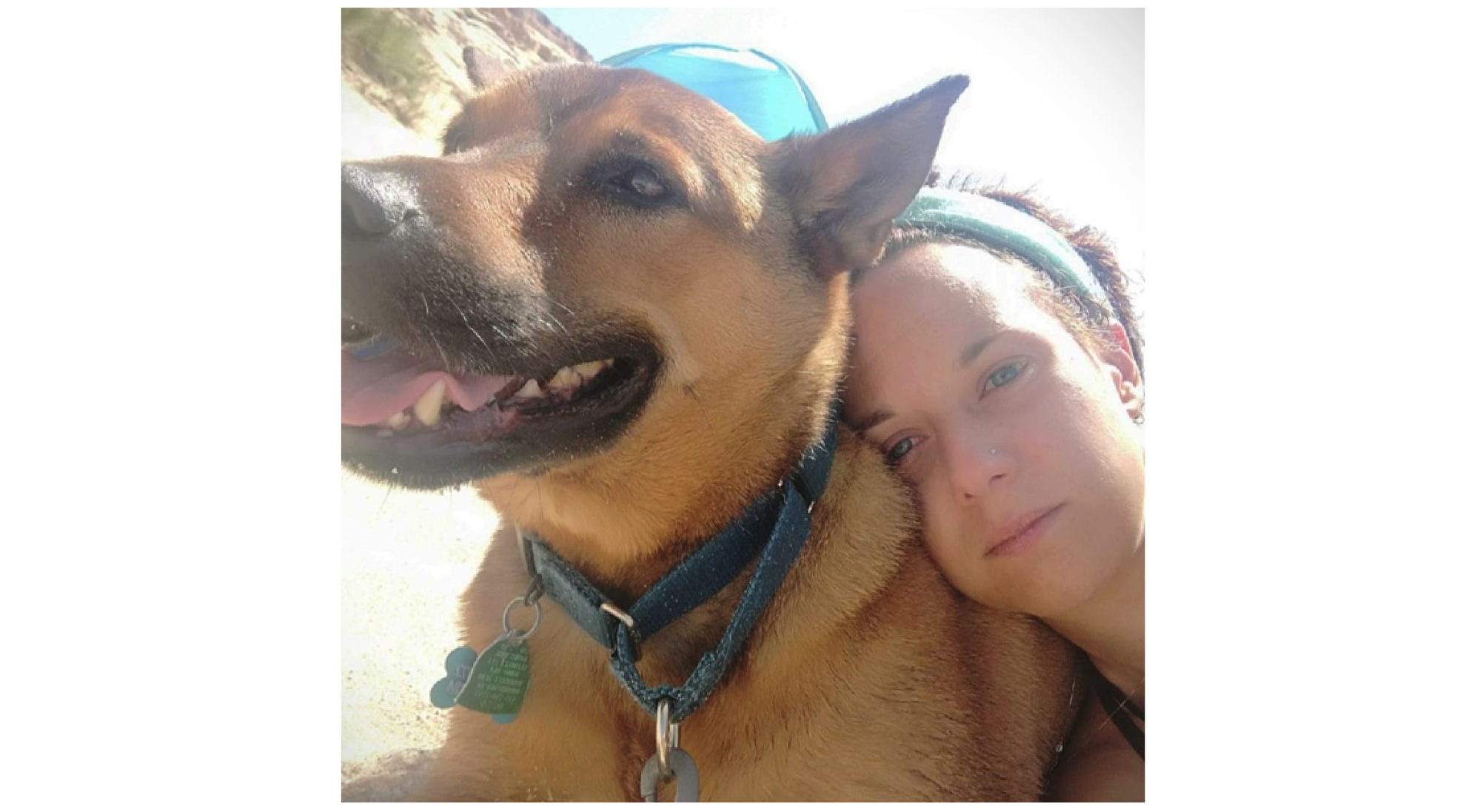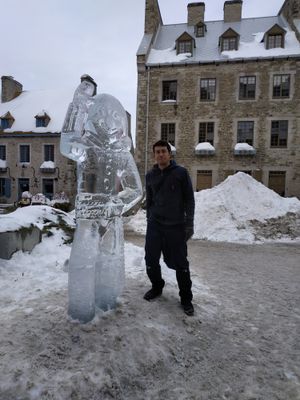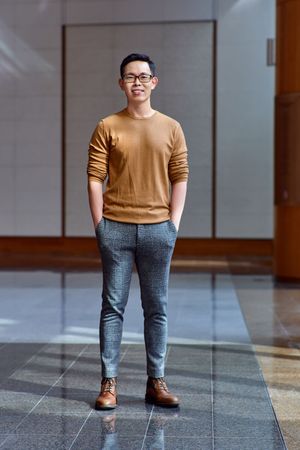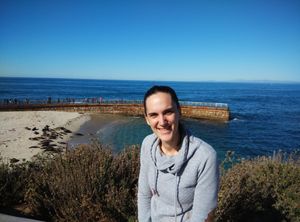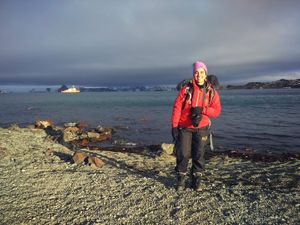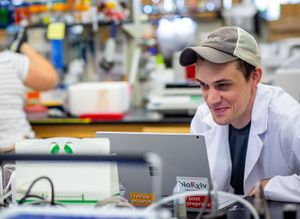At ecrLife, we have been working hard to diversify and expand our collective voice so that we can provide insights and opinions from early career researchers from all around the globe, and from all walks of life. We want to be an active channel of communication, promote the spirit of community and increase the connections among all of us scientists. That way, we can work together to improve our scientific environment. To achieve our goals, our ecrLife editorial team has grown, and we would like to take some time over the next few weeks to introduce our editors in a more personal way. With this post, we start a series of interviews to get to know the main motivations, successes and challenges of the junior scientists behind the ecrLife scenes. Today, we would like to introduce you to Antonia de Maio (ADM), one of the latest additions to our team.
In a few sentences, could you introduce yourself, tell us where you are (both geographically and along your career path?) and what you study?
ADM: I am originally from Italy, where I obtained my bachelor's and my master’s in molecular biology. Later, I came to the US to pursue a PhD in Developmental Biology in Houston, Texas, and two years ago, after graduating, I moved to Boston. Currently, I am a postdoctoral fellow at Massachusetts General Hospital, and I study RNA biology in Caenorhabditis elegans, with a focus on the impact of RNA modifications on the activity of small non-coding RNAs.
What do you enjoy the most about being a scientist?
ADM: What drove me to science in the first place is the pleasure of learning, the possibility of getting to know the “hows” and “whys” of things. But what kept me bound to it is the constant “quest”, the limitless opportunity to ask questions and plan your way to reach the answer. Every day is a new intriguing challenge, no dull moments in science.
What is the greatest scientific challenge you have overcome so far?
ADM: I believe that science as a profession tests people in different ways, according to their different personalities. In science there is no right or wrong way to go, days are never the same and can be unpredictable, and it can take a long time to validate or disprove a hypothesis. For me the hardest part of being a scientist is the need to stay resilient and self-confident against all possible setbacks. But, on the other hand, this is also the lesson that contributed the most to my personal growth throughout my professional training.
What is the main change that you would like to see in the scientific community?
ADM: I would like the scientific community to become a truly inclusive, diverse and equitable environment, properly representing all the nuances of the contemporary, global society. The only way to achieve this goal is for scientists to join forces and be systematically engaged in advocating for a fairer access to scientific education for underrepresented minorities and underserved communities.
What motivates you to communicate science?
ADM: I believe that the key factor to create societies shaped by scientific breakthroughs is to provide the general public, non-scientist readers, with reliable and comprehensible information about scientific progresses, the path that led to these discoveries, what the scientist’s job really is and the rigor behind scientific work. Only this knowledge would enable people to discern truth from fake-news and empower them to demand policy changes in line with scientific facts, as for example climate change or the essential role of vaccinations.
What is your favorite thing about ecrLife?
ADM: Sometimes as scientists we become extremely absorbed into our daily life at the bench and laser focused on our results. A platform like ecrLife, where scientists from all over the world can express opinions and describe ideas on a variety of topics related to life in Science, makes you realize that most of the issues you go through are shared by many other scientists and that an easy accessible, supporting network is just one “click” away!
About the author: Antonia is a postdoctoral research and geneticist at the Massachusetts General Hospital and Harvard Medical School, Boston, where she investigates the role of chemical modifications on the activity of small-RNAs in Caenorhabditis elegans. Follow her on Twitter @AntoniaDeMaio2 or LinkedIn.
We welcome comments, questions and feedback. Please contact us at ecrlife [dot] editors [at] gmail [dot] com.
Would you like to share your own story, insight or opinion? Pitch us here.
Follow us on Twitter to stay up to speed with our latest blog post releases.

